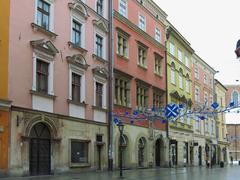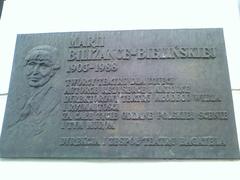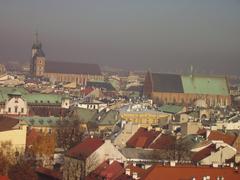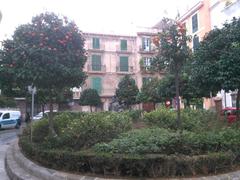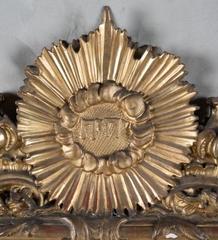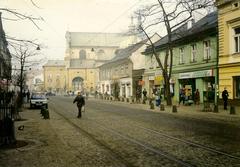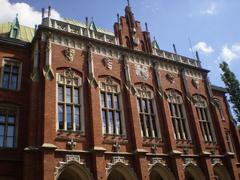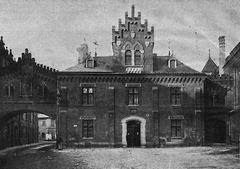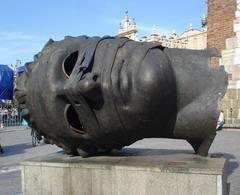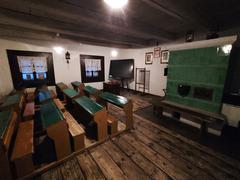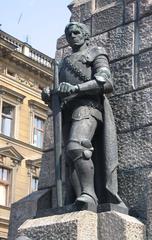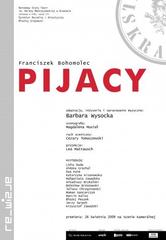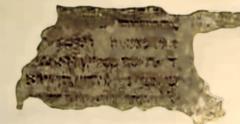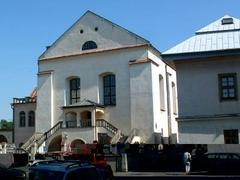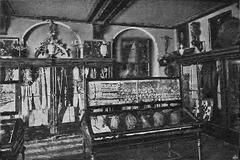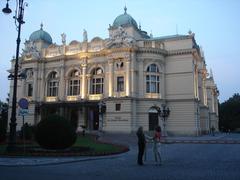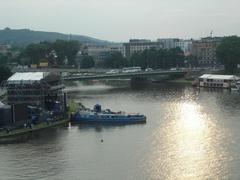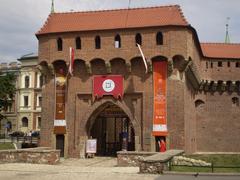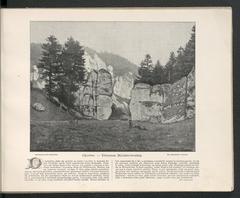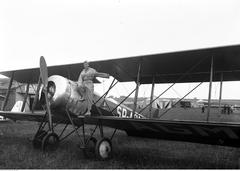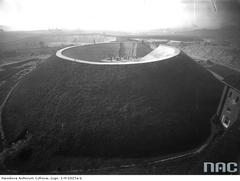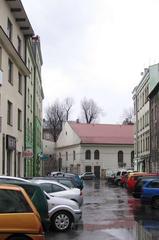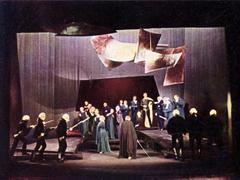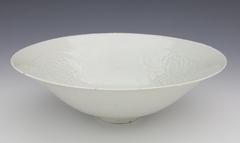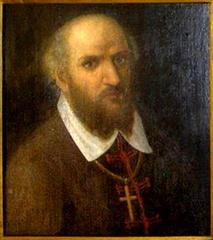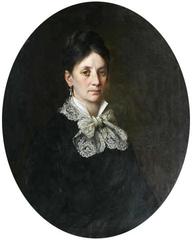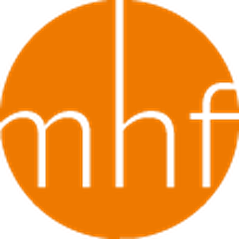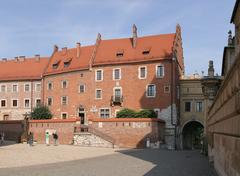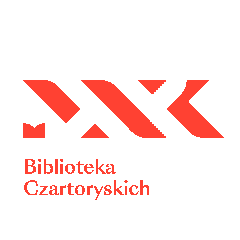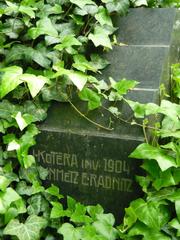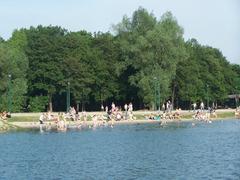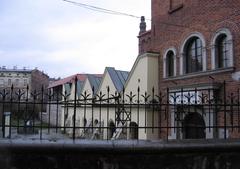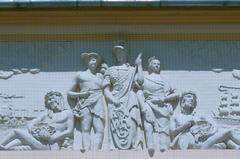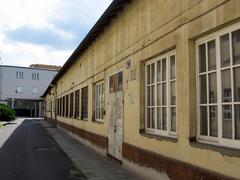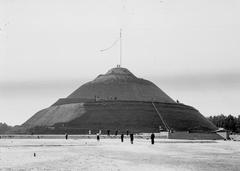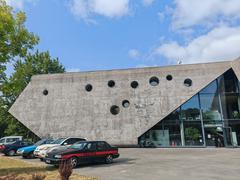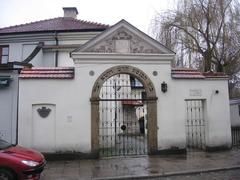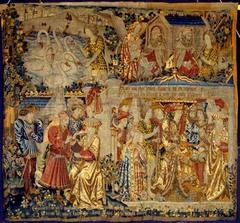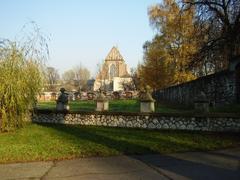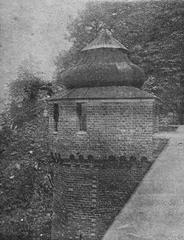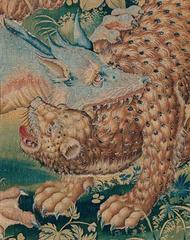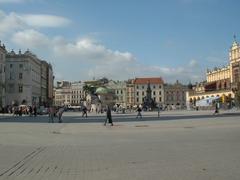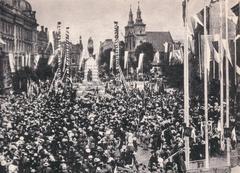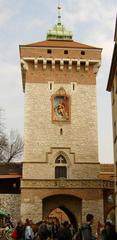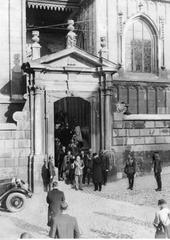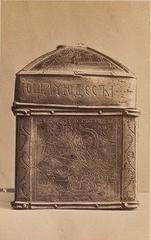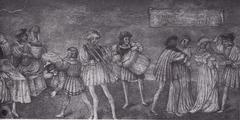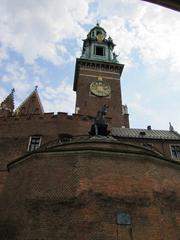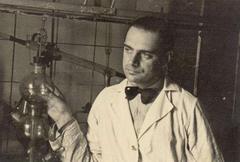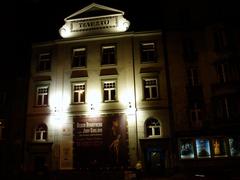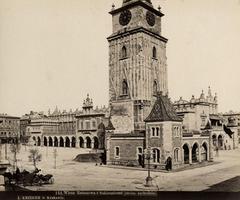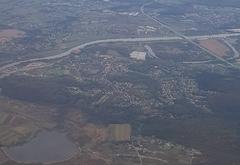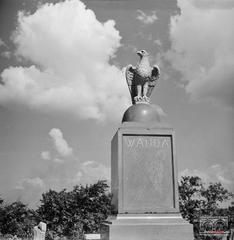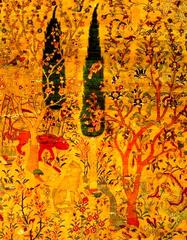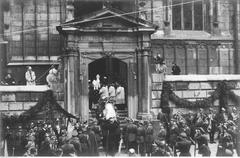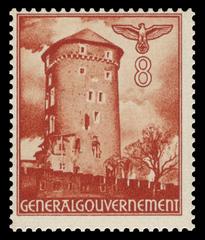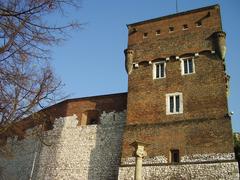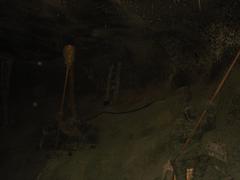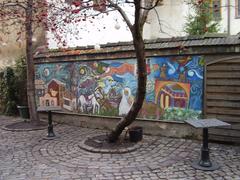Astronomical Observatory of the Jagiellonian University: Visiting Hours, Tickets, and Guide to Kraków’s Historical Sites
Date: 03/07/2025
Introduction
The Astronomical Observatory of the Jagiellonian University in Kraków stands as a beacon of scientific discovery and cultural heritage. Established in 1792, and rooted in the rich academic traditions of the Jagiellonian University (founded in 1364), this institution invites visitors to experience centuries of astronomical advancement, from Renaissance scholars like Nicolaus Copernicus to today’s global research initiatives. With two principal sites—the research-focused Fort Skała on Kraków’s outskirts and the historic Collegium Maius in the Old Town—the Observatory offers a unique blend of historic architecture, antique scientific instruments, and dynamic educational events.
This guide provides comprehensive, up-to-date information on visiting hours, ticketing, tours, accessibility, and travel tips. Whether you’re a passionate astronomer, a lover of history, or a curious traveler, the Jagiellonian Observatory is an essential destination in Kraków’s vibrant landscape of historical and scientific attractions.
For the latest updates on hours, tickets, and events, consult the Jagiellonian Observatory Official Site and Collegium Maius Official Visitor Page. Additional scientific insights are available through the ESO Messenger and IAU Symposium.
Table of Contents
- Introduction
- Historical Context and Significance
- Visitor Information
- What to See and Do
- Nearby Kraków Attractions
- FAQs
- Conclusion
- References
Historical Context and Significance
Role in Polish and Global Astronomy
The Jagiellonian Observatory is among Poland’s oldest scientific institutions and one of Europe’s longest-operating university observatories (OAUJ history). Its creation followed the educational reforms of the late 18th century and built upon the university’s reputation as an academic powerhouse. The Observatory is closely associated with renowned figures like Nicolaus Copernicus and Jan Śniadecki, continuing Kraków’s tradition of astronomical inquiry (Astronomical Heritage).
Scientific Achievements and Research
Historical Achievements
From the outset, the Observatory was equipped with state-of-the-art instruments, many of which are preserved today in the Collegium Maius Museum. Highlights include 15th-century celestial globes and one of Poland’s oldest astrolabes (ITS Poland). The Observatory also boasts Poland’s longest unbroken series of meteorological observations, contributing vital data to the understanding of Central European climate patterns.
Contemporary Research
As part of the Faculty of Physics, Astronomy, and Applied Computer Science, the Observatory conducts advanced research in solar and stellar physics, planetary science, and radio astronomy (ESO Messenger). Facilities at Fort Skała include several modern telescopes and radio dishes. The Observatory actively participates in international collaborations, such as the Hyper-Kamiokande neutrino experiment and the Virgo gravitational wave observatory (ESO Messenger), and regularly hosts events like the International Astronomical Union Symposium (IAU Symposium).
Visitor Information
Locations and How to Get There
-
Fort Skała Site (Main Research Observatory):
- Address: ul. Orla 171, 30-244 Kraków
- Access: Take bus lines 152 or 192 to the “Bielany” stop, then a 10-minute walk. Taxis and rideshare services (Bolt, Uber) are available (Lonely Planet).
- Parking: Limited on-site parking.
-
Collegium Maius (Historical Museum Site):
- Address: 15 Jagiellońska Street, Kraków Old Town
- Access: Easily reached by tram (lines 2, 13, 18, 69) or bus (lines 124, 152, 304, 424, 502, 601, 618, 902). A short walk from Main Market Square (Introducing Krakow).
Visiting Hours and Tickets
Fort Skała
- Regular Hours: Open primarily for guided tours on weekdays by prior arrangement.
- Special Events: Occasional open days, astronomy nights, and public lectures—check the official website for current schedules.
- Admission: Free for educational groups and students; nominal fees may apply for public tours and events.
Collegium Maius
- Guided Tours (Main Exhibition):
- Tuesday to Friday: 10:00–13:00 (last admission 12:30)
- Offered in English, Polish, German, French, Italian, Spanish, Russian (Collegium Maius Official)
- Self-Guided Tours:
- Monday: 10:00–17:00 (last admission 16:30)
- Tuesday to Friday: 13:30–17:00 (last admission 16:30)
- Saturday: 10:00–15:00 (last admission 14:30)
- Ticket Prices:
- Adults (self-guided): 17 PLN; (guided): 26 PLN
- Reduced (students/seniors): 10–14 PLN
- Family: 45 PLN
- Children under 7: Free
- Extended tours and special rates available (Collegium Maius Official)
- Online Booking: Ticket portal
Guided Tours and Events
- Languages: Tours available in multiple languages; check schedule and book in advance.
- Events: The Observatory holds astronomy nights, solar observation sessions, science festivals, and workshops for all ages. Check the official events page for details.
Accessibility
- Fort Skała: Partially accessible, though historic domes and platforms may be challenging for visitors with limited mobility.
- Collegium Maius: Some areas have limited accessibility; contact the museum for assistance (Collegium Maius Official).
What to See and Do
Exhibitions and Instruments
- Collegium Maius Museum:
- Houses historic globes, astrolabes, armillary spheres, and early telescopes.
- Features the world’s oldest globe depicting the Americas.
- Fort Skała Observatory:
- Home to both historical refractors and modern reflecting telescopes.
- Active research telescopes and radio dishes.
Interactive Activities and Events
- Night Sky Observations: Attend public nights to view celestial objects through the Observatory’s telescopes.
- Workshops: Hands-on activities such as telescope building and constellation identification for families and school groups.
- Lectures: Regular talks on modern astronomy, cosmic phenomena, and the Observatory’s history.
Facilities and Photographic Spots
- Museum Courtyard (Collegium Maius): Gothic courtyard featuring a unique clock with a parade of wooden figures every two hours.
- Professor’s Garden: A quiet, picturesque space for relaxation.
- Café and Gift Shop: Refreshments and astronomy-themed souvenirs available.
- Photographic Opportunities: Historic architecture, telescope domes, and panoramic views at Fort Skała.
Nearby Kraków Attractions
After visiting the Observatory, explore:
- Wawel Castle: Kraków’s iconic royal residence (Wawel Royal Castle)
- Main Market Square: The vibrant heart of the Old Town.
- St. Mary’s Basilica: Famous for its Gothic architecture (St. Mary’s Basilica)
- Botanical Garden: Historic gardens maintained by the university.
- Kościuszko Mound and Las Wolski: Scenic walking areas with panoramic city views.
Find more in our guides to Kraków’s Old Town Attractions.
Frequently Asked Questions (FAQ)
Q: What are the visiting hours at the Observatory and Collegium Maius?
A: Fort Skała is open for pre-booked tours on weekdays; Collegium Maius follows a detailed schedule (see above), closed on public holidays.
Q: How do I book tickets?
A: Reserve online via the official ticket portal or at the museum ticket office.
Q: Are guided tours available in English?
A: Yes, guided tours in English are offered and should be booked in advance.
Q: Is the Observatory suitable for children?
A: Absolutely. Children under 7 enter free, and exhibitions are engaging for all ages.
Q: Is the site wheelchair accessible?
A: Some areas are accessible; contact staff for specific needs.
Q: Can I take photographs?
A: Yes, in the courtyard and garden. Check with staff before photographing inside exhibition rooms.
Conclusion
The Astronomical Observatory of the Jagiellonian University offers an extraordinary blend of scientific legacy and visitor engagement. Whether at Fort Skała or the historic Collegium Maius, visitors can immerse themselves in centuries of astronomical heritage, marvel at unique scientific instruments, and participate in interactive educational events. For the best experience, book your tickets and tours in advance, check for special events, and plan to explore the nearby treasures of Kraków’s Old Town.
For updates, follow the Observatory and Collegium Maius on social media, and consider downloading the Audiala app for interactive guides, maps, and insider tips.
References and Further Reading
- Jagiellonian Observatory Official Site
- OAUJ History
- Jagiellonian University History
- Collegium Maius Visitor Information
- ESO Messenger
- IAU Symposium
- ITS Poland: Aim for the Stars
- Lonely Planet: Kraków Travel Tips
- Introducing Krakow: Collegium Maius
- Wawel Royal Castle
- St. Mary’s Basilica
